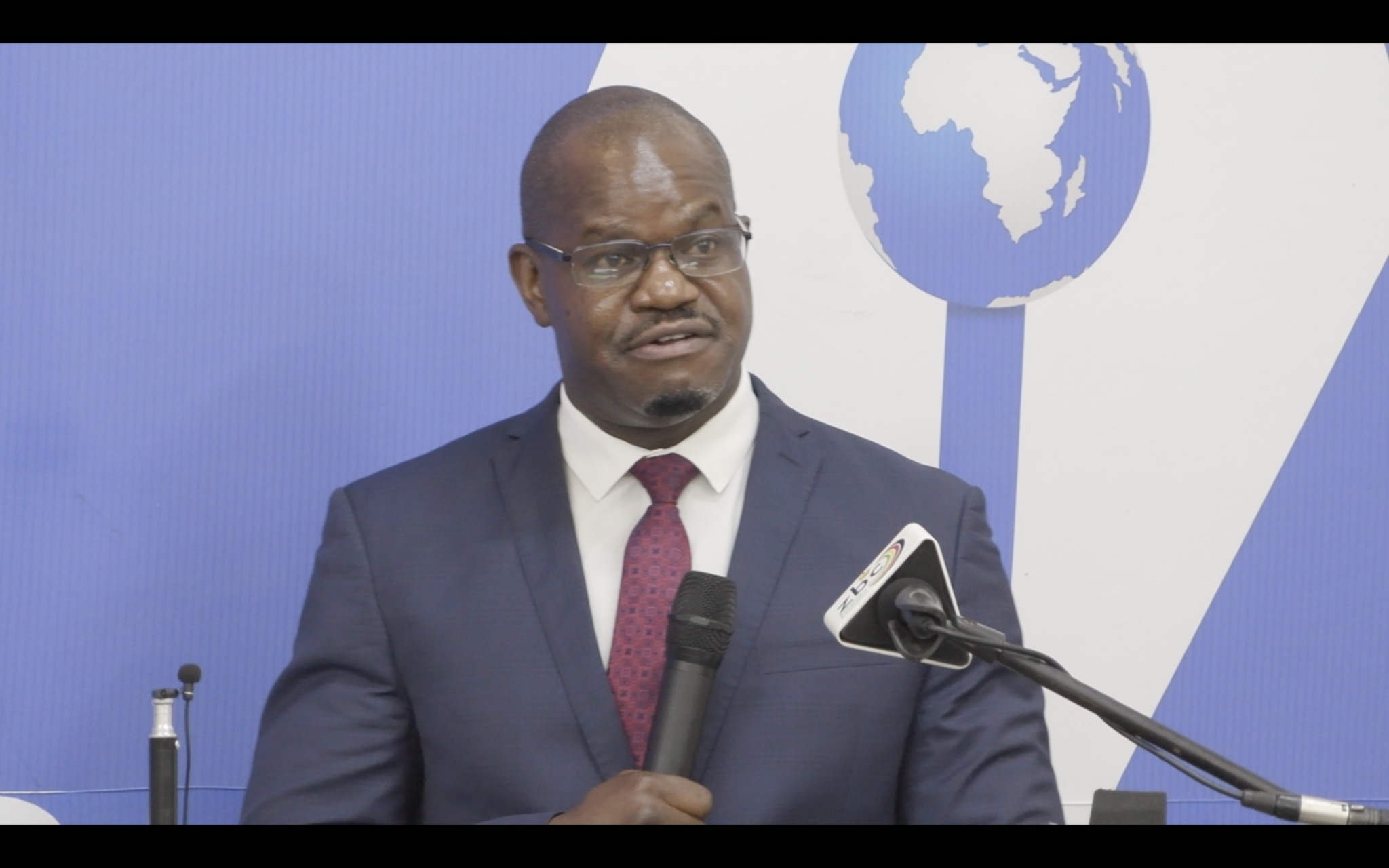The government has been forced to conduct fresh consultations on the proposed amendments to the Broadcasting Services Act, due to high staff turnover at the Attorney General’s (AG) office, CITE has learnt.
The AG’s office among other duties is responsible for drafting bills, which promote government policy in line with instructions from line ministries, which in this instance is the Ministry of Information, Publicity and Broadcasting Services.
The Bill seeks to address the lack of diversity and plurality in the broadcasting sector, in line with Zimbabwe’s Constitution, and other regional and international instruments.
The government has admitted there has not been any progress on the Bill three years after it was drafted.
“Stakeholders who are gathered here are also interested in knowing where we are with the Broadcasting Service Act Amendment Bill. Three years ago, we met in March, in Nyanga and drafted that bill. Unfortunately, there wasn’t any progress up to this day,” said Nick Mangwana, the Permanent Secretary in the Ministry of Information, Publicity and Broadcasting Services at an event organised by MISA Zimbabwe to mark World Press Freedom Day in Bulawayo Monday.
According to Mangwana, the alignment of the Broadcasting Services Act was part of modernising the country’s broadcasting legislative framework.
“Because the broadcasting services act was enacted in 2001, it still speaks of old technology and the framework of the legislation itself is based on platforms rather than on technology. Unfortunately, there’s a lot of staff movement at the AG’s office,” he said.
“So the people that we all met with, who were privy to our arguments, agreements, comments and context of what we were doing went away with their institutional memories. So now, for another draft person to just come in and draft something that they don’t know or why they are putting it into law is going to be quite difficult.”
As a solution, the permanent secretary said the information ministry has opted to have another consultative workshop.
“That’s going to happen in the next four weeks. We are going to sit down again and redraft that bill, maybe our things have changed. This kind of puts paid to the issue of the legislative framework,” Mangwana said.
Mangwana also revealed that the government was forced to ‘dump’ a proposed Protection of Personal Information Bill due to duplication with other laws in place.
“We had proposed this in the first place, as one of the things that was supposed to come out of the ministry and parliament but on the advice from the AG, we have abandoned that bill,” he said.
“The reason and also riding on the point is not that we don’t believe Section 57 of the constitution must be operationalised, no, we all care very much about our privacy, not just the privacy of journalists, but our privacy as citizens so we want to make sure that the legislation is in place and that constitutional requirement is operationalised but in this particular case it was noted that there’s a lot of duplication.”
He explained that duplication was seen in the proposed law and other data protection legislation that came out of parliament recently.
“So, there was no need to duplicate that, so that’s why that piece of legislation was abandoned,” said the Permanent secretary.
The existing data law in place is the Data Protection Act, which amends the provisions of Sections 163 to 166 of the Criminal Law (Codification and Reform) Act [Chapter 9:23] by criminalising offences such as unlawful acquisition of data, unlawful interference of data, unlawful disclosure of data and data codes.

